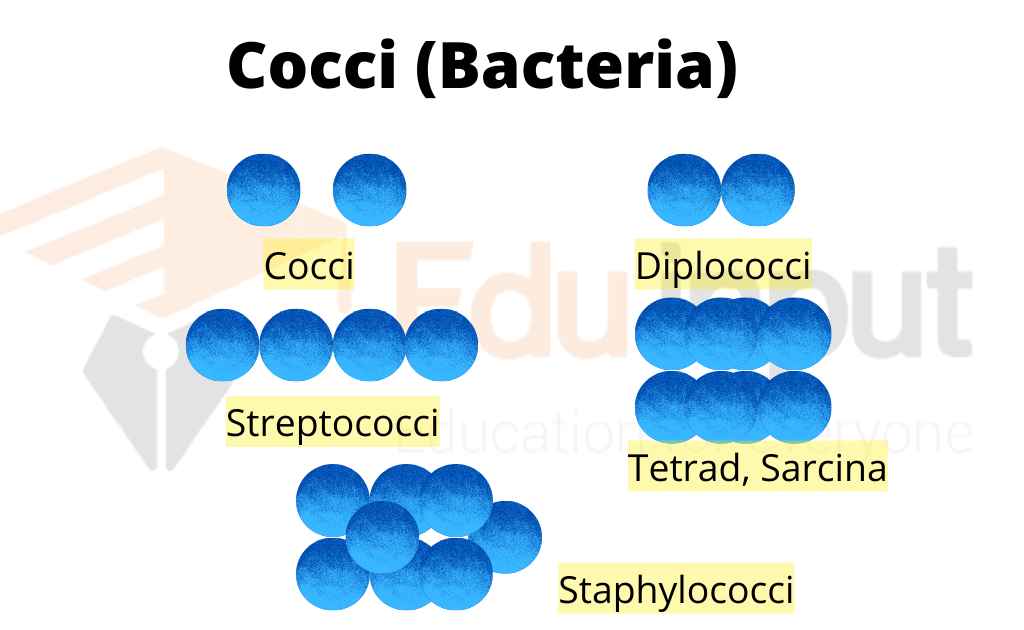What are Antibiotics in Biology?-Categories, Effects, and Precautions
Antibiotics are chemotherapeutic chemical substances that are used in the treatment of infectious diseases. Antibiotic is a Greek word: Anti means against and Bios means life. Antibiotics are drugs that kill bacteria or viruses. They are commonly prescribed to treat infections caused by bacteria such as colds, flu, and other respiratory illnesses. Antibiotics are also given to livestock to prevent disease and promote growth.
Categories Of Antibiotics
Antibiotics can generally be classified into three groups based on their spectrum of activity: narrow-spectrum, broad-spectrum, and extended-spectrum. Narrow-spectrum agents (e.g. penicillin act mainly against gram-positive organisms; broad-spectrum agents (such as tetracycline and chloramphenicol) also inhibit gram-negative organisms. Extended-spectrum agents (including cephalosporins and carbapenems) are active against both gram-positive and gram-negative organisms.
Sources Of Antibiotics
Antibiotics are synthesized and secreted by certain bacteria like actinomycetes and fungi. Today some antibiotics are synthesized in the laboratory. However, their origin is living cells.
Adverse Effects Of Antibiotics
Mode of action and possible adverse side effects of drugs must be known to determine the drug of choice. There are the following adverse effects of the misuse of antibiotics:
1. Resistance: Antibiotics are used in massive quantities. It causes widespread drug resistance in microorganisms Which results in increased resistance to the disease treatment.
2. Interfere in metabolism: Misused antibiotics can interact with the human metabolism in some severe cases, it can cause death in human beings.
3. Allergic reaction: Misuse of antibiotics like penicillin can cause allergic reactions.
4. Deafness: Antibiotics Streptomycin affects the auditory nerve (nerve of the ear). It can cause deafness.
5. Discoloration of teeth: Tetracycline and its related compound can cause permanent discoloration of teeth in young children.
Precaution In The Use Of Antibiotics
1. Use antibiotics as prescribed by the physicians.
2. Take a dose of antibiotics at regular intervals.
3. Complete the course of treatment.
Antibiotic-Resistant Bacteria (ARB)
Antibiotic-resistant bacteria are bacteria that are resistant to certain antibiotics. ARBs are often associated with hospital infections.
Antibiotic-Producing Bacteria (APB)
Antibiotic-producing bacteria are germs that produce antibiotics. APBs are often associated with hospitals.

 written by
written by 





Leave a Reply